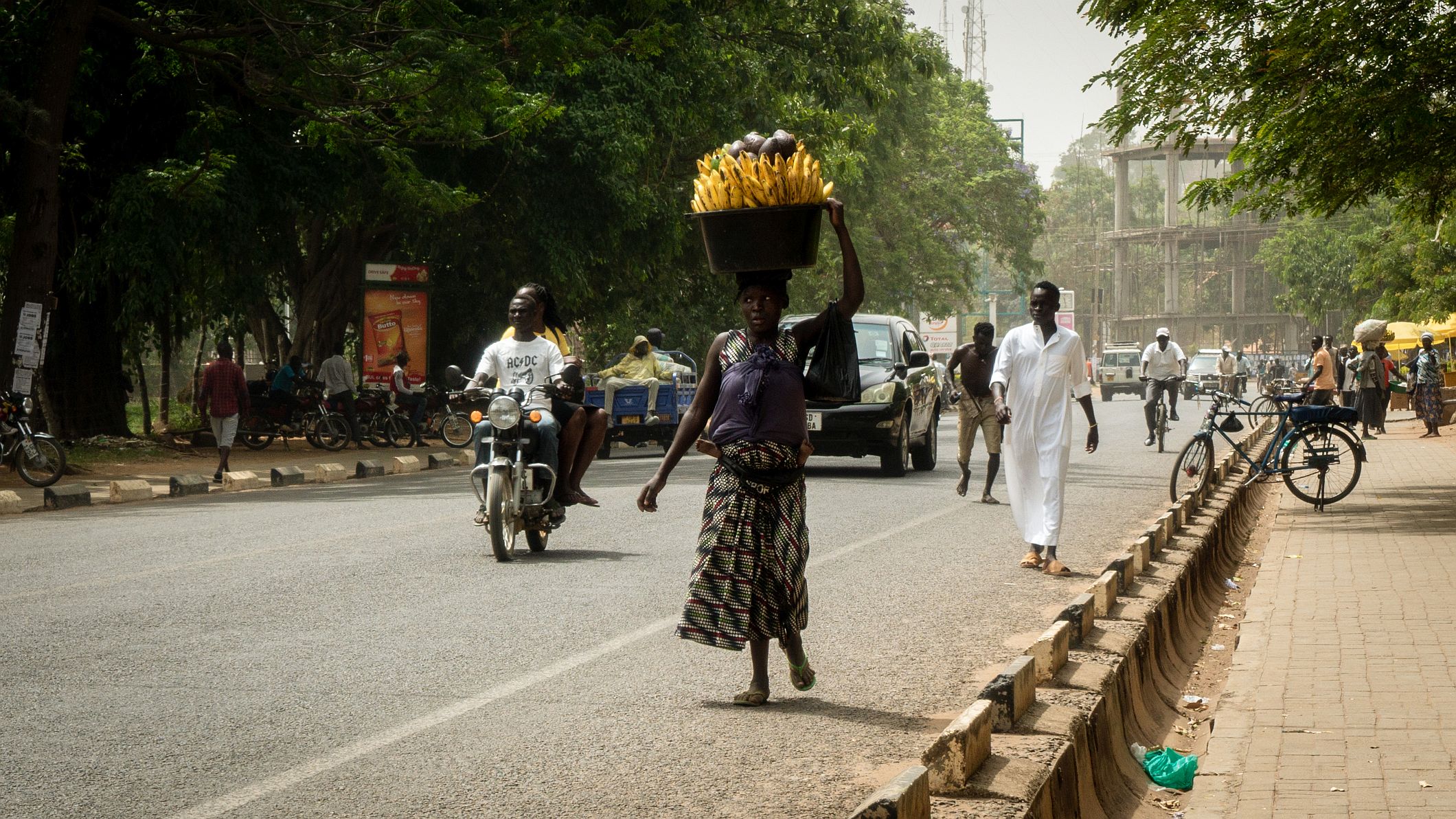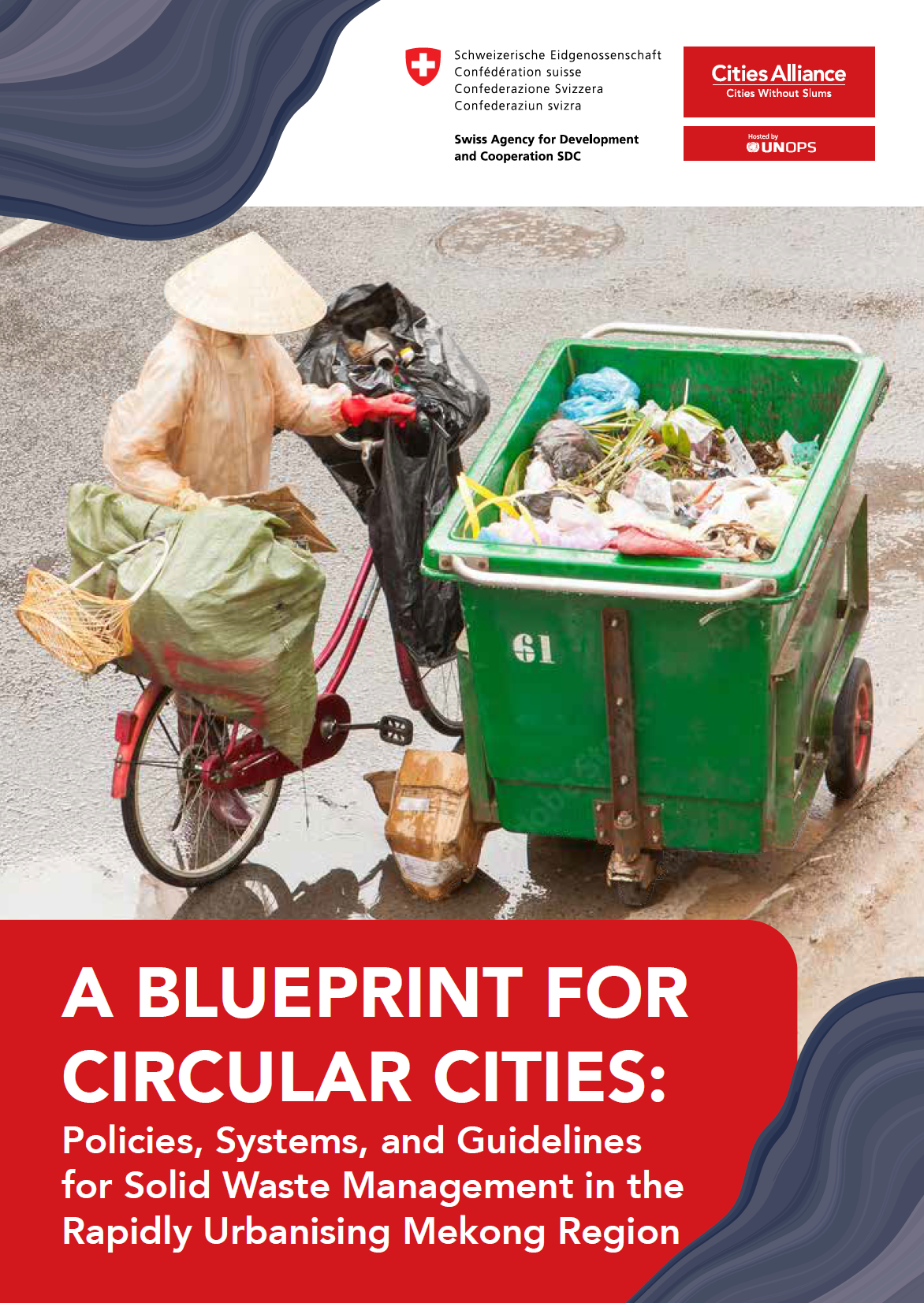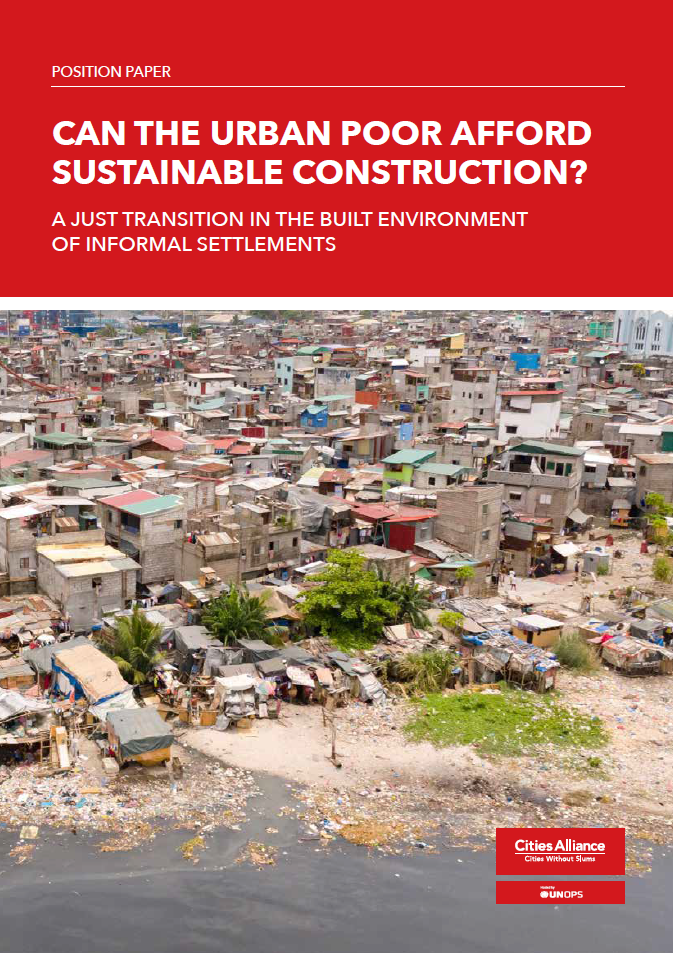- Who We Are
- How We Work
- Regional / Country Initiatives
- Legacy
- Core Themes
- Working Groups
- Portfolio & Results
- Newsroom
- Resources
Women-Friendly Urban Planning Toolkit

Cities Alliance is launching the new Toolkit for Women-Friendly Urban Planning from Cities of the Global South. The Toolkit will provide local governments, civil society organizations, and urban practitioners with the tools and knowledge to incorporate women's and girls' needs and voices in urban planning.
Historically, cities around the world have been designed and built by men for men. Lack of public lighting, overcrowded transports systems, and unsafe public spaces have contributed to making women feel uncomfortable and unsafe in their cities, with significant effects on their development opportunities.
Urban infrastructure and public spaces should be planned and managed by taking into account women's needs, priorities and inputs. A strong participatory and inclusive approach to urban planning is necessary to increase women’s contribution to infrastructure and city development and foster gender awareness and competence amongst planners, designers, and engineers.
Intended for urban development professionals and city officials, the Toolkit for Women-Friendly Urban Planning addresses the need to know more about how to engage women in participatory processes, with a focus on cities in the Global South. It has been produced by Cities Alliance in collaboration with Womenability and sponsored by SIDA.
The toolkit provides detailed explanations and specific tools and activities for each phase of the project cycle. By catering to all possible biases and problems specific to gender issues, these tools provide solid elements to best mobilize women in urban projects. They have been used in specific development projects and initiatives, especially in informal settlements and communities.
The toolkit is divided into two main parts. The first part presents the various steps for gender mainstreaming within the participatory process throughout the project cycle. The second part explains how to design gender-fair participatory processes, giving insights on the necessary data and tools to choose, how to maintain them and how to communicate in a gender-sensitive way using examples.
If more information on the steps and activities to mainstream gender within the project cycle is required, please also consult the Checklist for Mainstreaming Gender in Urban Projects Based on a Participatory Approach.


